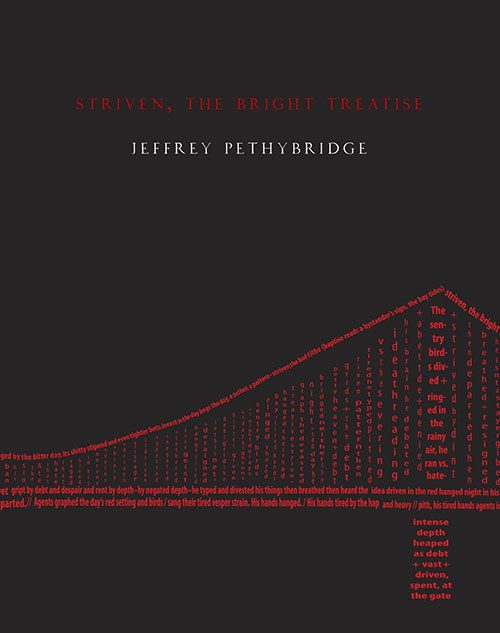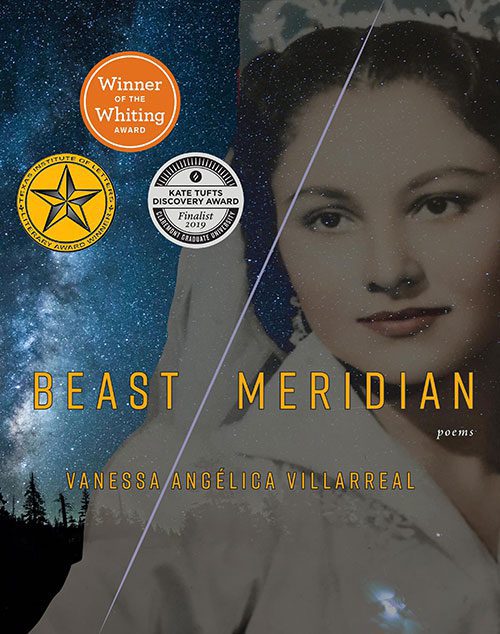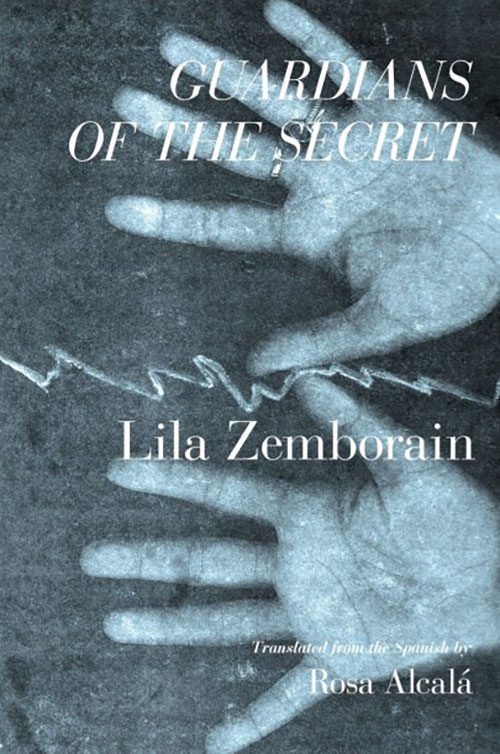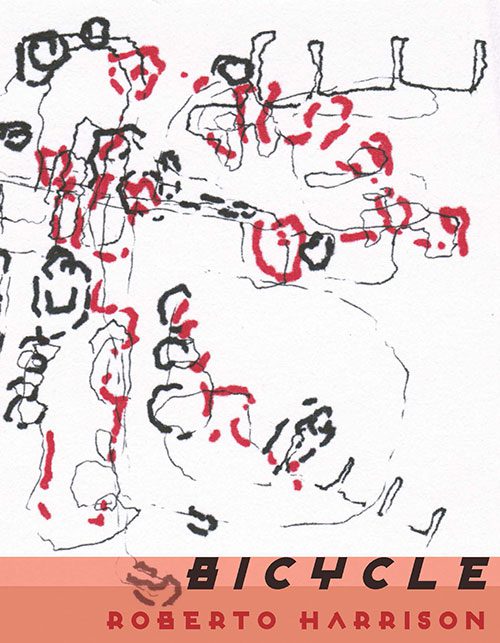Heart like a Window, Mouth like a Cliff
by Sara Borjas
$9.99 – $15.00
Synopsis
Heart Like a Window, Mouth like a Cliff is a transgressive, yet surprisingly tender confrontation of what it means to want to flee the thing you need most. The speaker struggles through cultural assimilation and the pressure to “act” Mexican while dreaming of the privileges of whiteness. Borjas holds cultural traditions accountable for the gendered denial of Chicanas to individuate and love deeply without allowing one’s love to consume the self. This is nothing new. This is colonization working through relationships within Chicanx families—how we learn love and perform it, how we filter it though alcohol abuse—how ultimately, we oppress the people we love most. This collection simultaneously reveres and destroys nostalgia, slips out of the story after a party where the reader can find God “drunk and dreaming.” Think golden oldiez meets the punk attitude of No Doubt. Think pochas sipping gin martinis in lowriders cruising down Who Gives a Fuck Boulevard.

Blurbs
Sara Borjas’ Heart Like a Window, Mouth Like a Cliff is fiercely particular. In poem after poem, Borjas explores her heritage, her family and herself with a near-pitiless eye. And it is that very eye that distinguishes her poems—the particularness of Borjas’ vision arises from her final refusal to be pitiless. Everyone Borjas’ eye sees, it sees with an overwhelming empathy that surpasses the empathy one encounters in all but the most generous poems. It is a testimony to, and a triumph of, an imagination informed by love.
Shane McCrae
author of In the Language of my Captor
Sara thinks about love then not-love, she examines the ashes, shadows, the nostalgia of nostalgia destroyed. “Bothering the neighborhoods,” somewhere in the past, present, in who she is. Mother, father, brother and grandmother appear before her and argue as ghosts argue. Sara is the poem, of course. She drives away. It is the “driving away” from where you bask, that interests me, that will captivate you. This is a groundbreaker. Good-bye to fashionable old stuff, adios to the graspable that can never be touched. Come to the fearless. A brava-shaking collection.
Juan Felipe Herrera
United States Poet Laureate Emeritus
Part honest autobiography and part lyrical ode to the complex California landscape, this book is an entrancing invitation. These full-throated poems let the reader stand fully in the speaker’s world where trauma, familial ties, and a bond to home converge to form a triumphant debut.
Ada Limón
author of Bright Dead Things
In Heart Like a Window, Mouth Like a Cliff, Sara Borjas unearths subtext, syllables and terms for decolonization and identity; what it is to be Mexican, Xicana, Pocha, and even, poet. Yet, precisely because Borjas is a poet, familiar tropes and structures for these terms scatter at the feet of experience and living. Here, decolonization is not an undoing or expelling, so much as pulling close and centering in. It is intimate and feeling. And it happens now, in the daily, in this place, in Borjas’ Fresno where there are oranges, walnuts, and grapes; chain link fences, neon signs, car horns; drinking, jokes, longing, confession, pride, desperation; above all, mother, father, and family. Even as the poet sits at the kitchen table to write a love poem, her mother’s wooden blinds, her father’s tomato plants, and “a wound like a whole city sprawled inside” remind her that she is “not allowed to forget where I came from.” In Borjas’ collection, I realize that understanding one’s identity is not through the intellect nor even through poetry alone, but through painful, truthful, very real, and utterly tender love.
Layli Long Soldier
author of Whereas



